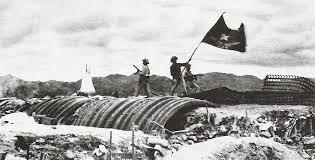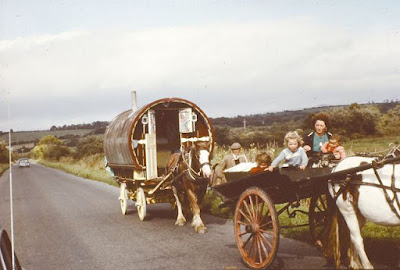Whatever else can be said about making an analogy between the coming of iron to the Mediterranean basin sometime between when we want to say that the Late Bronze Age collapsed (1171BC?) and when the classical age began (490BC?) and to the Northwest coast, we can at least be very sure of things like when iron came to northern Vancouver Island, what locations were inhabited and the languages spoken there, and the tribal ethnicity claimed by the grandchildren of the people who first encountered iron (to be maximally careful).
The modern band councils are the Kwakuitl Nation of Fort Rupert, a suburb of Vancouver, which chooses to use an older rendering of the ethnic name Kwakwa̱ka̱ʼwakw, understandably enough in my opinion but I'm just an old fart, and the Namgis Nation of Alert Bay, also speakers of Kwakwa̱ka̱ʼwakw and perhaps a bit indifferent to the larger tribal identification. Of perhaps more importance is the traditional territories of the two nations, which are, respectively, spread along Quatsino Sound on the west coast, and the extended estuary of the Nimpkish River on the east coast of the Island. Both nations may be described as "migratory" in that they moved through their respective territories harvesting seasonal abundances in various littoral environments, and both had "capitals," at Quatsino in the narrows of that Inlet, which is a flat and fertile landscape suitable for camus beds, a rarity in the region; and on Alert Bay, where unlike on the more fluvial terrains of this very wet part of the world, you didn't have to worry about waking up to find your bed floating out to sea. Both peoples commanded passages across the island, respectively the narrows between Coal Harbour and Port Hardy, and the long portage up the Zeballos River and down the Nimpkish, ultimately from the bight of Nootka Sound, commanded from Nuchulnath-speaking Ahousat.
In contrast it is necessary to speak with great caution about the earliest phases of the Iron Age in the Mediterranean, in part because so much of it is so implausible. That is, we have been waiting for evidence that the earliest region affected by Phoenician connections was the southwest of Spain at the other end of the Mediterranean from the territory of these Israeli, Lebanese, and Syrian cities; and that the influence of Greek culture was first wielded (in the Iron Age) by one or both of the classical cities of the island of Euboea off the coast of Boeotia, cities which, afterwards, receded into obscurity as second-, or third-rate powers by Greek standards.
Nevertheless, with centuries of archaeology under our belts by this point, we are unable to reject the priority of Huelva or ignore the wide dispersal of Archaic Euboean pottery. Reversing my way into the question, I propose to problematise it by invoking the Northwest comparison.
































